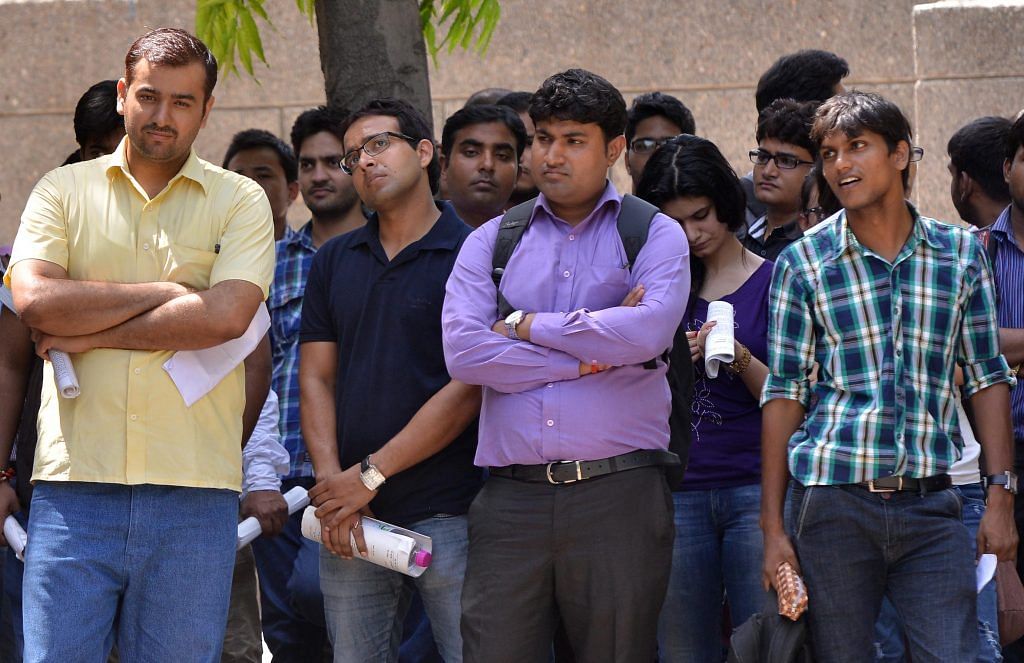‘Creamy layer’ OBC candidates are not entitled to reservation, according to a 1990 SC ruling.
New Delhi: At least 30 candidates who cleared the civil services exam in 2017 have not been allotted to any service, after it came to light that they belonged to the creamy layer among the ‘Other Backward Classes’ (OBCs), and were thus not eligible for quota benefits.
Highly-placed government sources told ThePrint that 36 OBC candidates had failed to produce documents proving their eligibility for reservation. Of these, six managed to secure a service without reservation, based on merit.
However, 30 could not get any service without reservation once the Department of Personnel and Training had found that they belonged to the ‘creamy layer’, and thus could not claim reservation under the OBC quota.
Sources said the affected candidates had approached the courts.
They also said that this indicated the challenge the country could face in implementing the Narendra Modi government’s surprise decision to have a separate 10 per cent reservation for general candidates in jobs on the basis of economic backwardness.
Also read: Application for IAS exam must be treated as an attempt in itself, UPSC tells govt
The law
Candidates belonging to the ‘creamy layer’ of OBCs are ineligible for reservation, according to a 1990 Supreme Court decision, and consequent government orders of 1993.
Twenty-seven per cent of the total seats are reserved for OBCs in all government recruitment, including in the civil services examination, while the figure for Scheduled Castes and Scheduled Tribes is 15 per cent and 7.5 per cent respectively.
However, unlike SCs and STs, who get reservation based on their caste status alone, OBCs need to satisfy the caste as well as ‘income’ criteria. Ascertaining the income creates problems for the recruiting authority, which then depends upon certificates issued by local government officials.
The income ceiling for the creamy layer of OBCs has been defined from time to time by the central government. The latest revision came in 2017, when the ceiling was raised to Rs 8 lakh per annum from the existing Rs 6 lakh, through a DoPT order.
This means that children of persons with a gross annual income of Rs 8 lakh or above for a period of three consecutive years would be considered the ‘creamy layer’, and would not be entitled to the reservation available to OBCs.
Also read: NITI Aayog recommends cutting off entry to civil services at 27 years, single UPSC exam
Verification a recent phenomenon
A senior central government official said it was only in the last three years that the government had started verifying the creamy layer status of OBC candidates who clear the civil services exam.
“Earlier, whoever qualified the civil services exams under the OBC category was never subjected to such scrutiny. As a result, it is possible that several candidates from the creamy layer may have secured positions in top services in the government in the past, thus denying the benefit to those who actually deserved it,” the official said.
The official declined to comment on whether there would be an investigation into the ‘creamy layer’ status of all OBC candidates of the previous years, to remove those who had been ineligible.
However, the official did agree that without proper scrutiny, it is difficult to arrive upon the exact economic status of a candidate, since the income from non-formal sectors like agriculture, self-employment etc. is very difficult to ascertain accurately.
